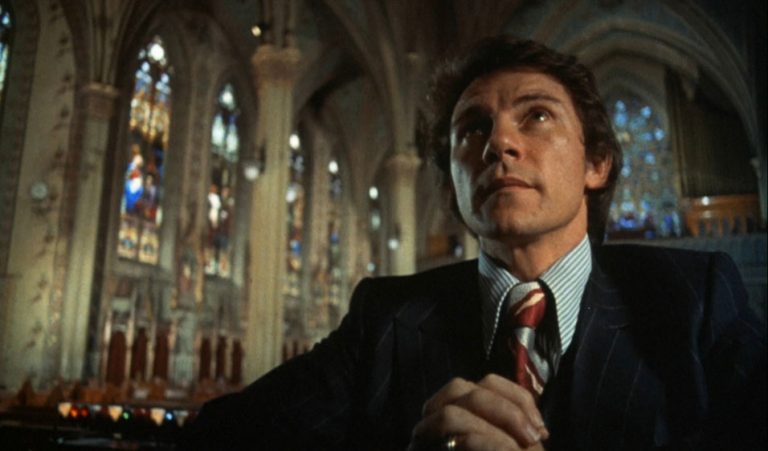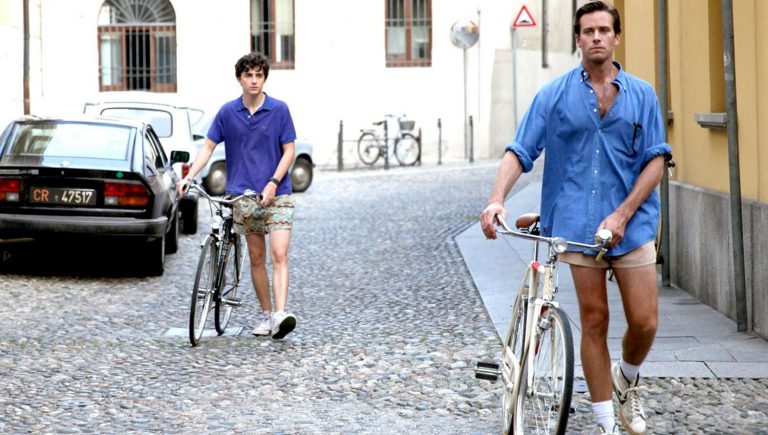Few films possess the haunting emotional depth of “The Sweet Hereafter.” It is a film that doesn’t merely present a tragedy but rather immerses its audience in the reverberations of grief, guilt, and loss. Unlike conventional dramas that hinge on courtroom climaxes or clear resolutions, Atom Egoyan’s adaptation of Russell Banks’ novel refuses to deliver any straightforward answers. Instead, it unfolds like a fractured memory, where time bends and emotions blur, forcing us to navigate a labyrinth of suffering without the comfort of closure.
Egoyan’s screenplay plays out like a puzzle, a structure that immediately places the audience in a position of active engagement. There is no linear progression that neatly traces cause and effect, no clear antagonist or protagonist. What makes the film uniquely challenging is its demand for shifting allegiances—we are asked to build empathy for one character, only to have it redirected elsewhere as new layers of their emotional burdens are revealed.
The town’s tragedy—a devastating bus accident that claims the lives of fourteen children—is not the narrative’s focal point. This is not a film about uncovering what led to the accident, nor does it indulge in the procedural mechanics of a legal battle. The lawyer, Mitchell Stephens (Ian Holm), is not here to serve as a beacon of justice, nor is he merely chasing financial gain. He arrives with the pretense of legal action, but his personal pain becomes intertwined with the town’s collective grief. One glance into his weary, searching eyes, and the film makes it clear—Mitchell is a man tormented by his own personal losses, desperately seeking some form of control over the chaos of life.
Egoyan masterfully weaves in Robert Browning’s “The Pied Piper of Hamelin” as a controlling metaphor, a poetic device that resonates deeply with the emotional core of the film. Nicole (Sarah Polley), one of the accident’s few survivors, finds herself in a state of profound emotional and psychological turmoil. She is, like the physically disable child left behind in Browning’s poem, forever separated from those who followed the Piper’s tune. But unlike the child in the poem, Nicole wields the power to shape the town’s fate. Her decision, shrouded in ambiguity, casts a shadow over any semblance of resolution, leaving us to wrestle with the morality of her choices.
Billy (Bruce Greenwood), another key figure in this ensemble, resists legal action, wishing to preserve what little harmony remains in the town. But is this truly his reason? The Sweet Hereafter is filled with such moral contradictions, where no character is wholly innocent or guilty, and where grief manifests in ways that defy conventional ethics. In many ways, the film suggests that the real “justice”—if such a thing exists—is not found in a courtroom but in the fractured, unspoken understandings that exist between those who share in the same suffering.
What makes “The Sweet Hereafter” one of the most emotionally devastating films of its time is its refusal to sentimentalize grief. There are no grand cathartic moments, no tearful confessions that resolve the past. Instead, Egoyan presents grief as it exists in reality—messy, contradictory, and isolating. The muted cinematography, the lingering silences, and Mychael Danna’s melancholic score all contribute to the film’s suffocating sense of sorrow. It is a film that does not console but unsettles, forcing us to confront the complexity of human pain without the illusion of closure.
This is why “The Sweet Hereafter” lingers so profoundly in the mind. Its unanswered questions are not meant to frustrate but to reflect the inescapable ambiguities of life. How do people navigate grief when there is no one to blame? How does tragedy reshape personal morality? To whom do we owe the truth? These are the questions the film leaves us with, and their answers—if they even exist—change with each viewing, with each audience, and with each individual willing to surrender to its devastating beauty.
Atom Egoyan’s “The Sweet Hereafter” is not just a meditation on tragedy but on the fragile human connections that persist in its wake. It is a film that challenges, devastates, and ultimately transforms its viewer. And therein lies its brilliance.
Similar to The Sweet Hereafter: Manchester by the Sea (2016) Movie Review
The Sweet Hereafter (1997) Links: IMDb, Wikipedia








